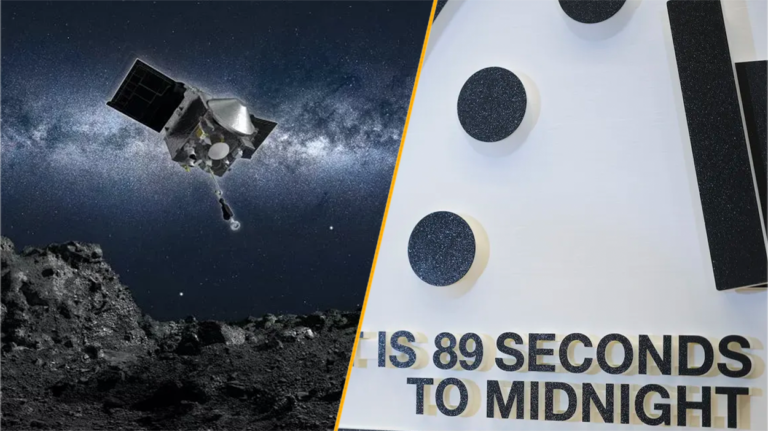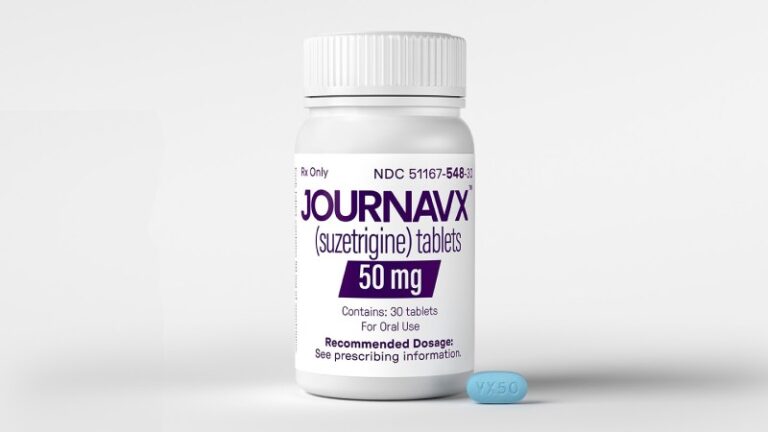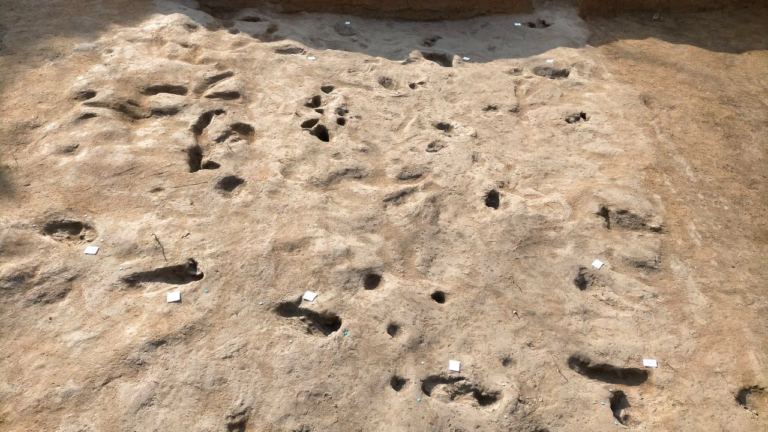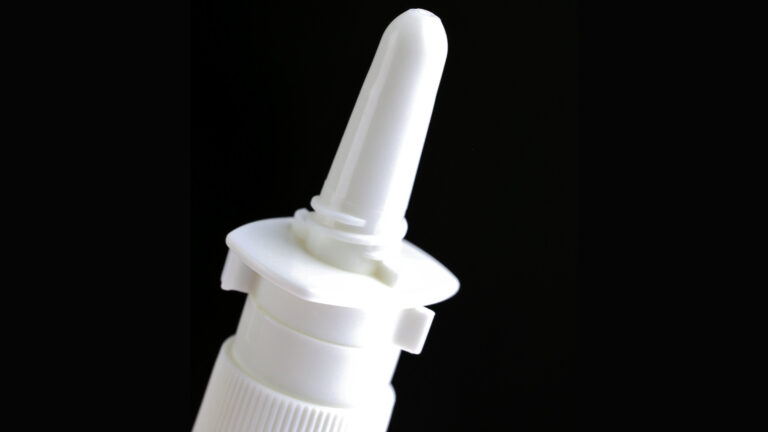Science news this week: Doomsday predictions and asteroid secrets

Feb. 1, 2025: Our weekly roundup of the latest science in the news, as well as a few fascinating articles to keep you entertained over the weekend.
Science and Technolgy blog

Feb. 1, 2025: Our weekly roundup of the latest science in the news, as well as a few fascinating articles to keep you entertained over the weekend.

Neurotechnology raises many high-stakes ethical questions. Setting ground rules could help protect workers and ensure that tasks are adapted to the person, rather than the other way around.

The new study reinforces warnings from doctors about abortion laws with limited or no exceptions.

An uptick in seismic activity on the volcanic island of Santorini has raised concerns about a potential eruption.

The new drug, called Journavx, is a non-opioid for treating short-term moderate to severe pain.

Footprints from people and animals feeling the eruption of Vesuvius in 1995 B.C. were recently discovered in a town near Pompeii.

The FDA has approved Journavx, an oral medication for treating pain that doesn’t target the brain like addictive opioids.

Well, rats. A study of 16 cities shows that higher ambient temperatures and loss of green space are associated with increasing rodent complaints.

A nasal spray that contains esketamine — a potent derivative of ketamine — can now be taken on its own to treat adults with severe depression, the FDA says. Here’s what that means.

DeepSeek’s V3 and R1 models took the world by storm this week. Here’s why they’re such a big deal.